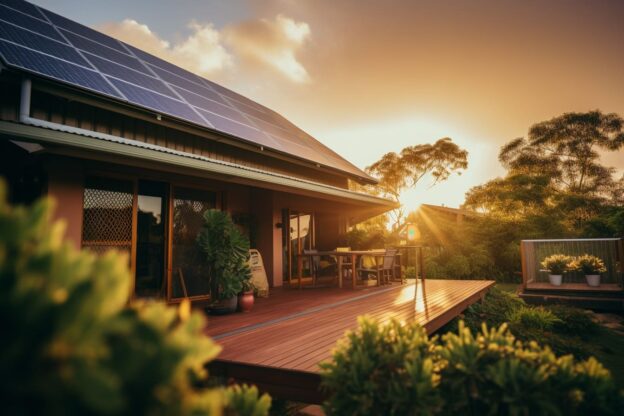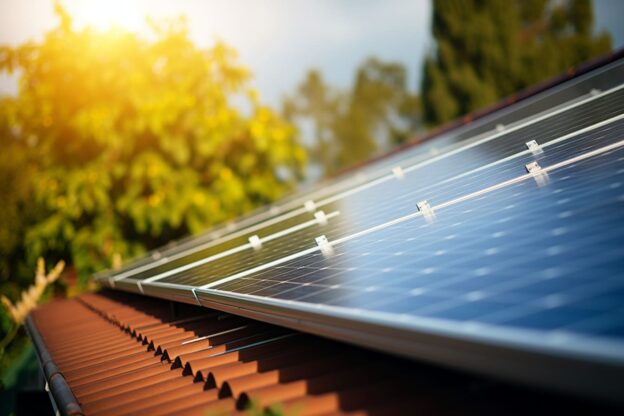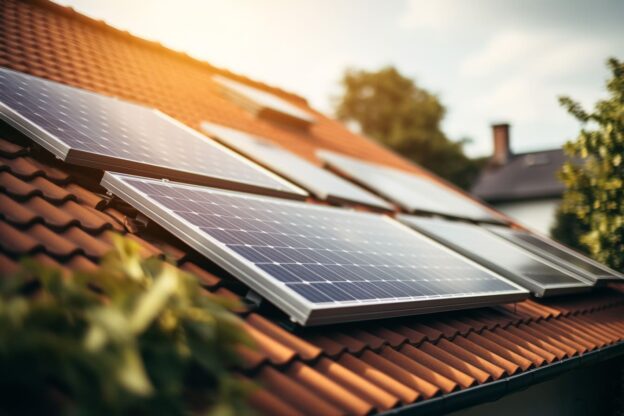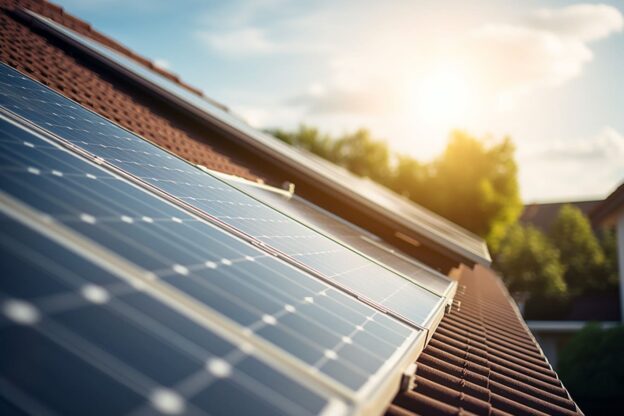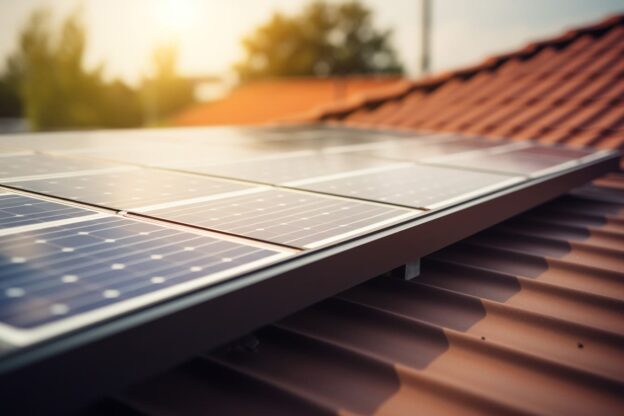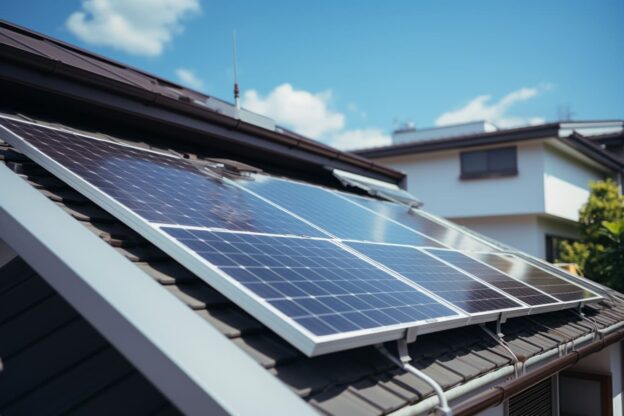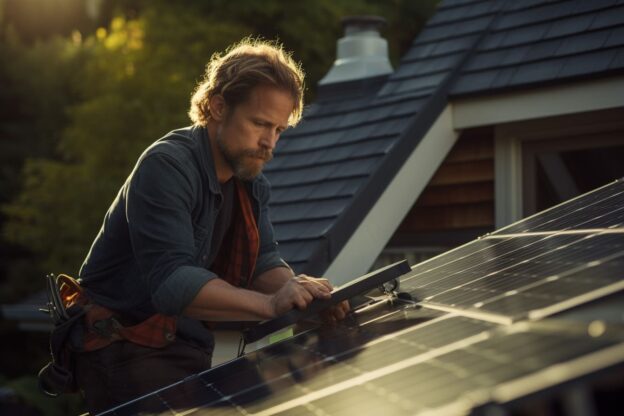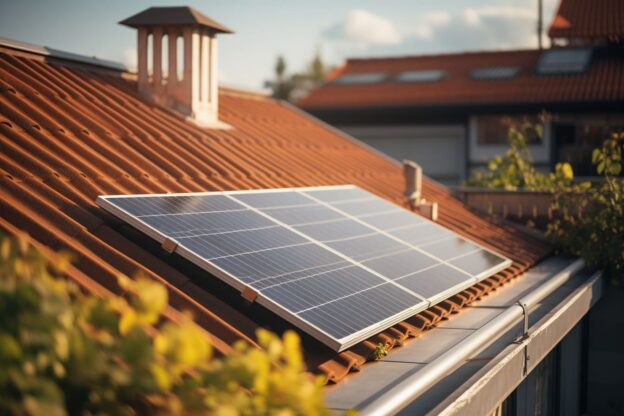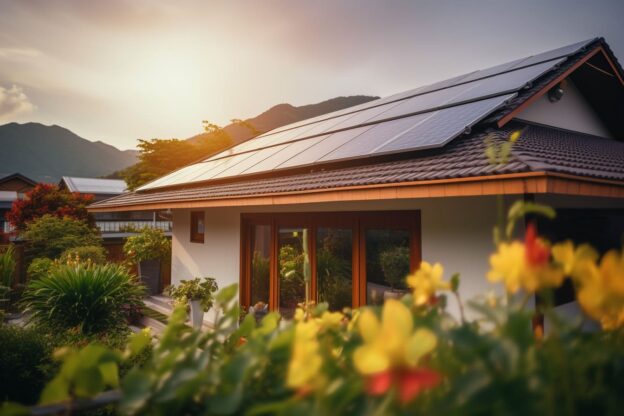With the increasing demand for clean and renewable energy, solar power has emerged as a popular choice for homeowners looking to reduce their carbon footprint and save on their energy bills. However, for renters, the prospect of installing solar panels can seem daunting and out of reach. Thankfully, there are options available for renters who want to embrace solar power. In this article, we will explore these options and discuss the considerations that renters should keep in mind.
One option for renters is community solar programs. These programs allow individuals to purchase or lease a share of a larger solar energy system located off-site. Renters can benefit from the electricity generated by the system, which is credited to their utility bill. Community solar programs are an excellent choice for renters as they eliminate the need for installing panels on the rental property. Additionally, these programs often require no upfront costs and provide flexibility, allowing renters to move without any hassle.
Another alternative is portable solar panels. These lightweight and easily transportable panels are ideal for renters who frequently move or live in apartments with limited roof space. Portable solar panels can be set up on balconies, patios, or even indoors near a window. They capture sunlight and convert it into usable electricity, which can power small appliances, charge electronic devices, or even provide lighting. Renters can take advantage of this technology without making any permanent changes to their living space.
For those who prefer a more integrated solution, some companies offer solar leasing options specifically designed for renters. These companies install and maintain solar panels on rental properties, allowing renters to benefit from clean energy while paying a fixed monthly fee. This approach eliminates the need for a long-term commitment and provides flexibility for renters who may not be able to install panels themselves.
When considering solar power as a renter, it is essential to evaluate a few key factors. Firstly, renters should check their lease agreement to ensure that installing solar panels is permitted. Some landlords may have specific clauses regarding modifications to the property. Open communication with the landlord is crucial to determine if solar installation is an option.
Additionally, renters should consider the length of their stay in the rental property. If the lease is short-term, it may not be financially viable to invest in solar panels or commit to long-term leasing options. Renters planning to move in the near future may find community solar programs or portable solar panels more suitable.
Lastly, renters should assess the solar potential of their living space. Factors such as shade from buildings or trees and the orientation of the property can impact the effectiveness of solar power generation. Conducting a solar assessment or seeking advice from solar professionals can help renters determine if their space is suitable for solar installation or if alternative options should be considered.
Solar power is no longer exclusive to homeowners. Renters now have various options to access the benefits of clean energy. Whether it’s participating in community solar programs, utilizing portable solar panels, or exploring solar leasing options, renters can embrace solar power and contribute to a greener future. By considering their lease agreement, length of stay, and solar potential, renters can make an informed decision about the most suitable solar power option for their needs.
